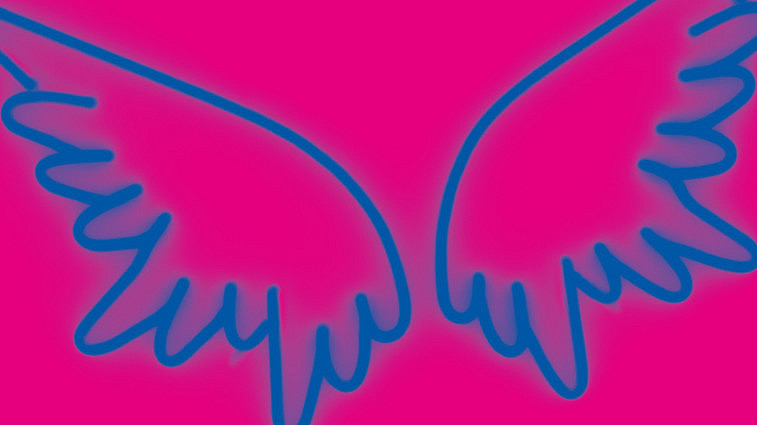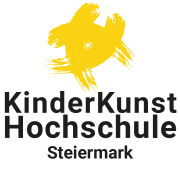The KinderKunstHochschule Steiermark is a cooperation project of the University of Graz and Universities of Teacher Education of Styria and the Academy of Graz. The regional expansion of the network of art-culture-education and education in the school and educational landscape of Styria is the long-term goal of the cooperation partners. Events of the KinderKunstHochschule Steiermark are based on diversity, equality, inclusion and sustainability and offer children and young people between the ages of 6 and 18 the opportunity to acquire knowledge, skills and abilities on topics of art and culture. The events offered are science-based, have a practical-artistic focus and are offered to target groups for different age groups. They are intended to contribute to the sustainable development of young people and their active and creative participation in an innovative and equal society. The project aims to bring universities to rural regions. For the calendar year 2022, the municipality of Leibnitz was selected as a cooperation partner. Individual events also take place in Ausseerland, St. Lamprecht and Weiz.
The concept of the art school is characterized by intermedial, holistic, interdisciplinary thinking and acting. Relevant is the artistic and cultural practice and its practical mediation as art education. Children are confronted with research spaces in which the aesthetic exploration of the world is the focus. The artistic view is to be known on the basis of project-related and cross-genre topics. Employees of the universities and colleges of teacher education will lead specialist input workshops. Afterwards, artists from a wide variety of disciplines will take up the topics and carry out various art projects with the children. On the one hand, children and young people should be given the opportunity to better understand topics related to art and culture, on the other hand, knowledge and experience gained should be used to recognize their own creativity.
The program of the KinderKunstHochschule Steiermark is compiled by experts of the cooperation institutions and evaluated by external experts from the fields of pedagogy, inclusive education, art didactics, and diversity education.

